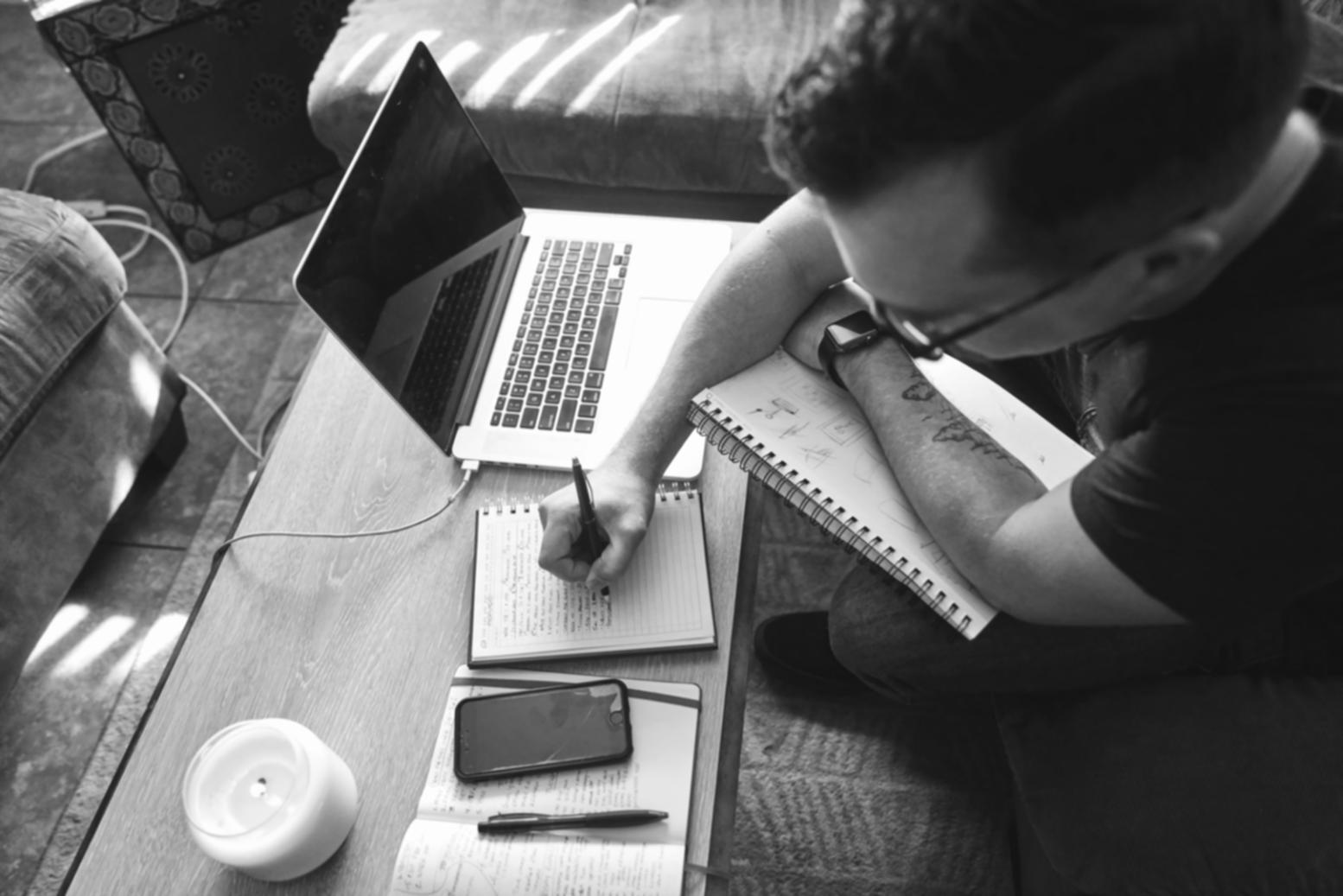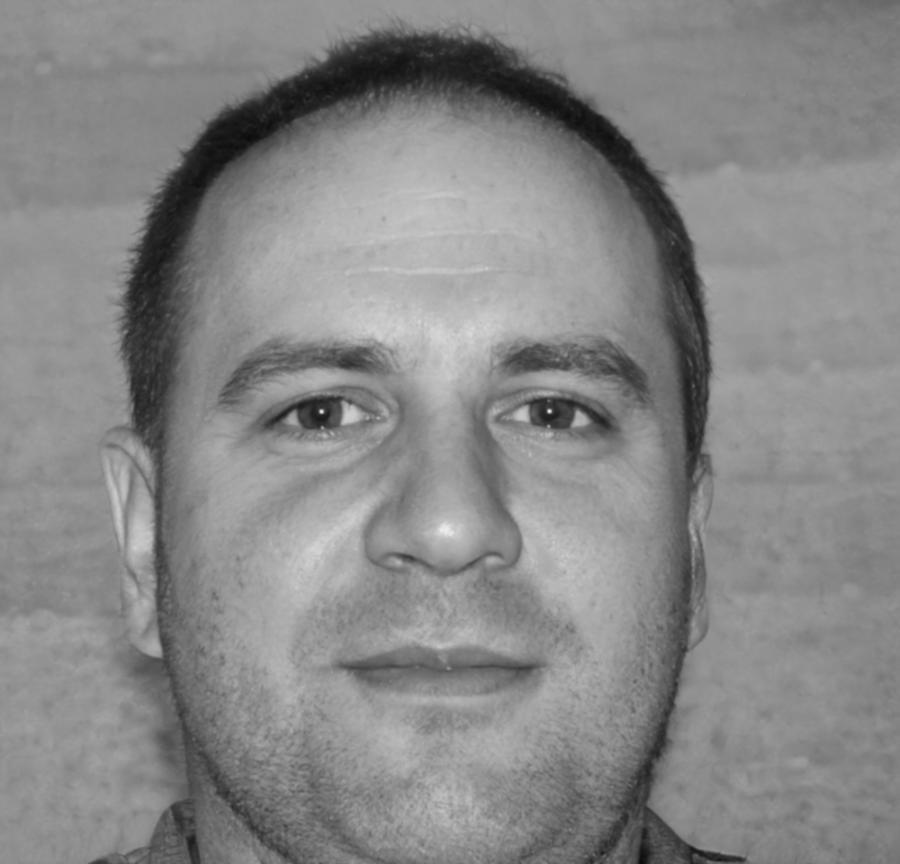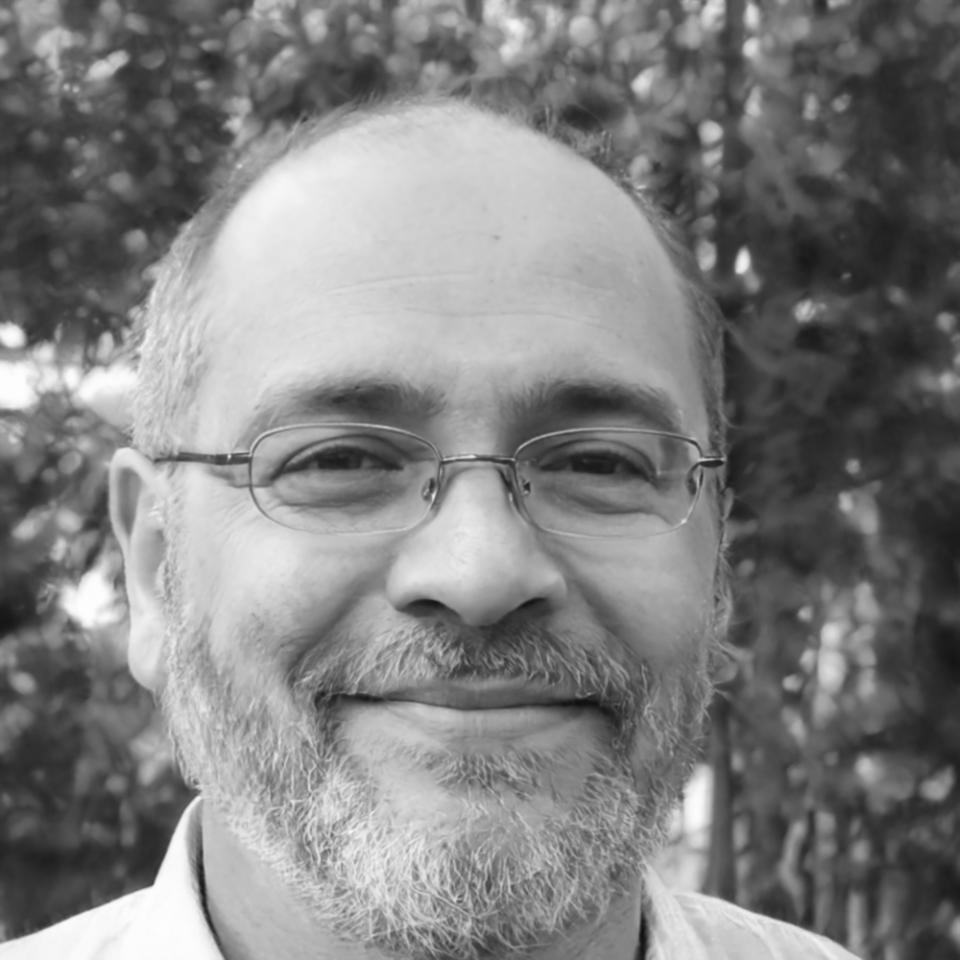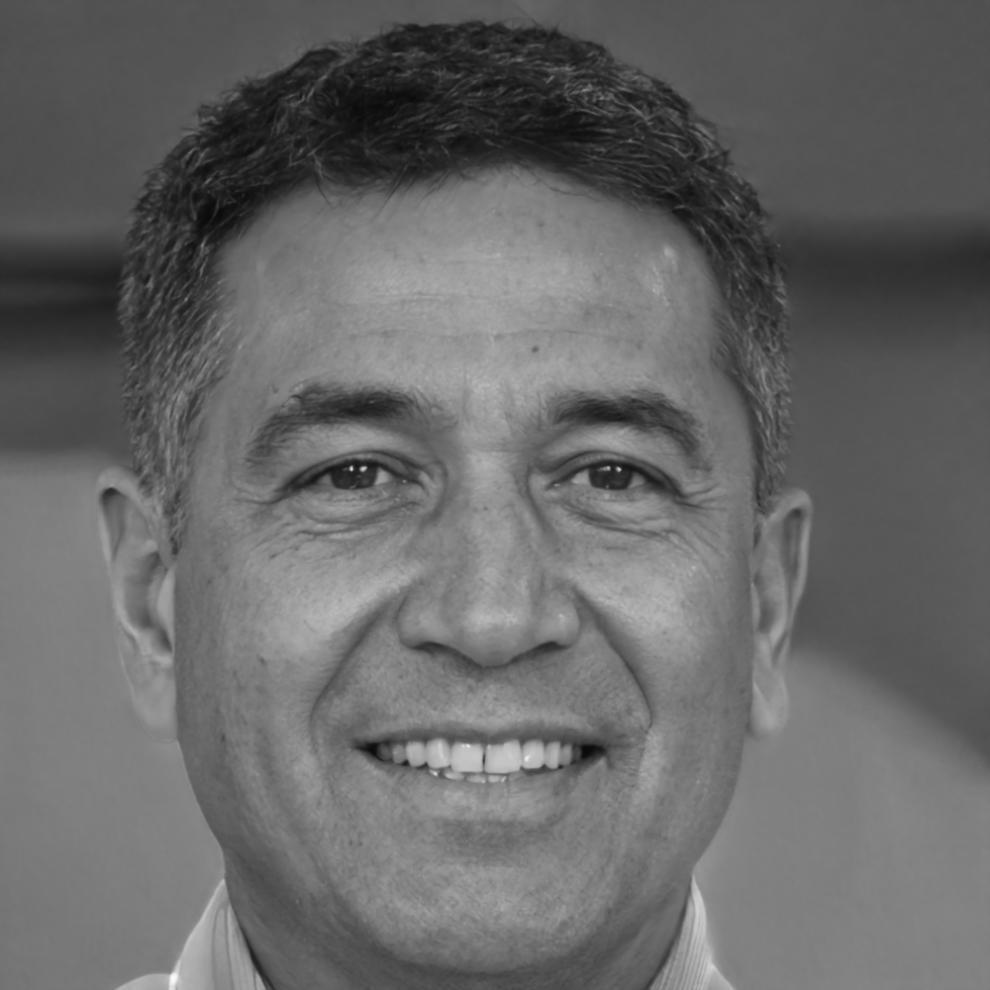Building Financial Confidence Through Real Experience
We've spent years figuring out what actually works when teaching money skills to adults. Turns out, spreadsheets and theory don't cut it. People learn best when they're working through scenarios that mirror their actual lives.
Start Your Journey
How We Approach Financial Education
Different people need different pathways. Someone managing variable income has different priorities than someone planning early retirement. Our methods adapt to where you are right now.
Scenario-Based Learning
We don't do hypothetical examples. Every exercise uses real numbers from Australian households. You'll work through situations like unexpected car repairs, navigating rental increases, or deciding whether that side project is worth the tax complexity.
- Weekly budget adjustments based on actual expenses
- Emergency fund calculations for your specific situation
- Debt comparison tools using current interest rates
- Income tracking for freelancers and contractors
Progressive Skill Building
You can't jump straight to investment strategy if you're still figuring out why your account hits zero every fortnight. We start with foundations and add complexity as you master each concept. Most people notice changes in their spending patterns within the first three weeks.
- Cash flow awareness before budgeting systems
- Understanding fees and charges that drain accounts
- Building buffer zones before tackling debt payoff
- Simple investment concepts after establishing stability
Practical Application Focus
Everything we teach gets tested immediately with your own finances. Bring your bank statements, your bills, your questions about that confusing super statement. We work with the actual numbers you're dealing with, not textbook examples.
- Analysing your transaction history for patterns
- Building personalised systems that fit your routine
- Testing strategies for two weeks before committing
- Adjusting approaches based on what actually works
Who's Teaching This Stuff
Our educators come from different backgrounds. Some spent years in banking and got frustrated with products that didn't serve customers well. Others learned money management the hard way and figured out systems that actually work for regular people.
What they have in common is experience explaining complex financial concepts without the jargon. They've worked with tradies, nurses, teachers, retail workers, and freelancers across the Illawarra region since 2019.
Each educator brings specific expertise, but they all focus on the same thing: helping you build confidence with money decisions. No judgment about past mistakes. No pressure to follow a one-size-fits-all plan.


Marcus Chen
Debt Strategy SpecialistFormer bank manager who got tired of pushing credit cards. Now helps people untangle debt situations and build payment strategies that actually work with variable income.

Theo Pappas
Investment FoundationsSpent twelve years in financial planning before realising most people needed basic investing knowledge, not complex portfolios. Makes superannuation and ETFs make sense.

Liam O'Sullivan
Cash Flow SystemsBuilt his own business from scratch and learned budgeting through trial and error. Specialises in helping freelancers and small business owners separate personal and business finances.
Your Learning Path
Most people take eight to twelve months to move from financial stress to genuine confidence. Here's how the journey typically unfolds when you work with us.
Foundation Phase
Weeks 1-6We start by getting clear on where money actually goes. You'll track spending for two weeks without changing anything. Then we look for patterns. Most people find three to five areas where money disappears without them noticing.
What You'll Master
- Identifying your actual spending patterns versus perceived ones
- Setting up tracking systems that take under five minutes daily
- Understanding fixed versus flexible expenses in your situation
- Creating a realistic baseline budget that accounts for irregular costs
Stability Building
Weeks 7-16Once you know where money goes, we work on creating buffer zones. Even a hundred dollars set aside changes how you handle unexpected expenses. You'll test different saving approaches to find what works with your income schedule.
What You'll Master
- Building an initial emergency buffer of 500 to 1000 dollars
- Handling irregular bills without credit card reliance
- Adjusting budgets when income changes month to month
- Creating sinking funds for predictable annual expenses
Debt Management
Weeks 17-28With some stability established, we tackle debt strategically. You'll compare interest rates, understand minimum payment traps, and build a payoff sequence that balances mathematical efficiency with psychological wins.
What You'll Master
- Calculating true cost of different debts including fees
- Deciding between avalanche and snowball payoff methods
- Negotiating with creditors when circumstances change
- Preventing new debt while managing existing obligations
Growth Phase
Weeks 29-48When immediate financial pressure eases, we shift focus to building wealth. This looks different for everyone. Some people prioritise superannuation. Others want to understand shares or property. We cover fundamentals that apply regardless of specific goals.
What You'll Master
- Understanding superannuation performance and fee structures
- Basic investment concepts including risk and diversification
- Comparing different investment vehicles for your situation
- Setting realistic financial goals for the next three to five years

Programs Starting September 2025
We're accepting registrations now for our autumn intake. Sessions run Tuesday and Thursday evenings at our Wollongong location, with Saturday morning options for those who can't make weeknight classes.